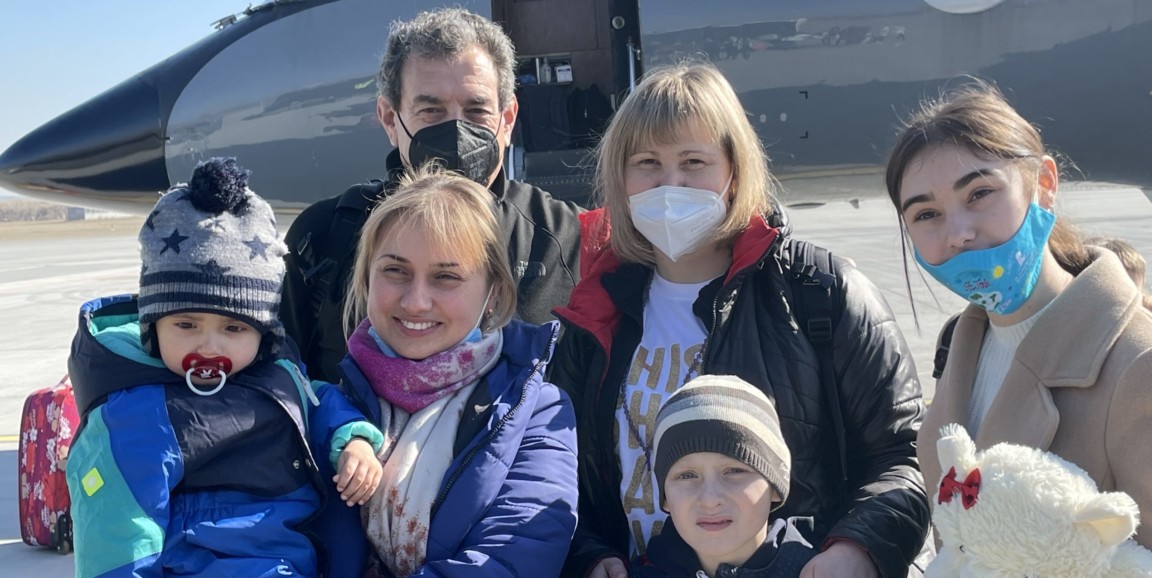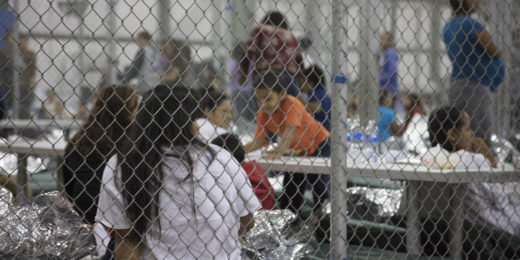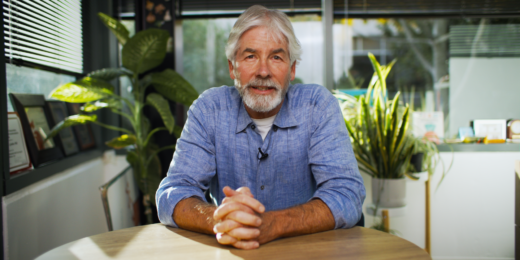An academic pediatrician rarely gets to jump into the fray when children are at risk in war zones. That's not the case for Stanford Health Policy's Paul Wise, MD, who recently returned from Poland, where he was helping coordinate the evacuation of child cancer patients from the war in Ukraine.
Wise, the Richard E. Behrman Professor of Child Health and Society, was serving as a senior adviser in an evacuation program developed by St. Jude Children's Research Hospital and a consortium of pediatric cancer programs throughout Eurasia. Through the emergency program, nearly 800 children at various stages of cancer treatment have been evacuated to be transported to some 200 hospitals in 28 countries.
Wise was asked to join the emergency effort by Asya Agulnik, a pediatric intensivist and graduate of Stanford Medicine who is leading the SAFER Ukraine initiative at the global health arm of St. Jude. Agulnik said her ongoing mentorship with Wise has transformed her career by enabling her to be both a clinician scientist and a humanitarian.
"Paul has taught me that this type of work elevates all the partners who are involved. It's an approach that can help get institutional backing in the middle of a war," Agulnik said.
Wise has spent the past 50 years working with children in Guatemala during that country's brutal decadeslong civil war, as well as the civil wars in Yemen, Iraq and central Africa. He is the co-principal investigator of the Children in Crisis Initiative at Stanford, the first university-based program to address the needs of children in areas where governance is unstable or there is civil conflict.
I spoke with Wise on the day he flew back from Poland in late March on a State Department jet carrying four child cancer patients and their families for treatment at St. Jude in Memphis, Tennessee. They were the first group of patients transferred to the United States in cooperation with the White House, the Department of Defense, Homeland Security and other U.S. government agencies.
This Q&A is condensed and edited from a longer version of our conversation, first published by the Department of Health Policy at the School of Medicine.
What are your initial thoughts after this whirlwind visit to help coordinate the transportation of these children and their families from the warzone in Ukraine to safe hospitalizations in other countries?
It is profoundly tragic -- and I've worked in a lot of very complicated security and political environments. The striking thing is how senseless this war is. All war is catastrophic and terrible, but this sense of betrayal that the people feel is profoundly sad.
These families are not only caught up in a war, but their kids also have a really serious disease and have now been forced to evacuate their homes, leave the fathers behind, with their mothers now taking their kids elsewhere as refugees. Some are in the middle of chemotherapy or radiation, and suddenly they're on their way to a fantastic clinical environment, but also to a new place, totally disorienting.
Yet their strength provides people like me with rewards for working with them. I come away exhausted but also invigorated.
How do you maintain your optimism and humanity as violence remains a key characteristic of human nature?
I came home from my first few years working in Guatemala realizing that justice implies struggle. The challenge is to make some meaningful contribution to this struggle. As physicians, there are ways our skills provide a basis for contribution. One, of course, is through clinical care.
Also, people share with us part of their world that they won't share with other people. We have the responsibility of bearing witness -- for me, through epidemiology and policy evidence, -- of things that other people don't and can't see. This direct clinical care and being a witness to the reality on the ground reflects what we do at Stanford; that's part of our academic capability.
Who, to you, are the heroes of the narrative unfolding in Ukraine?
The heroes in this whole narrative, in addition to the families, are the doctors in Lviv in Ukraine who, in many ways, risk their lives to put together these convoys of children. They're not just throwing the children on trains and buses. They're evaluating them, providing medical records and ensuring high-quality and humane care in the midst of war.
The focus and commitment of our medical colleagues in Ukraine, their courage and humanity, are just remarkable and, for me, even after all these years, deeply inspirational.
Header photo: Paul Wise, in Poland, helps Ukrainian child cancer patients and their families board a State Department jet bound for the U.S. Photo courtesy of Paul Wise.






